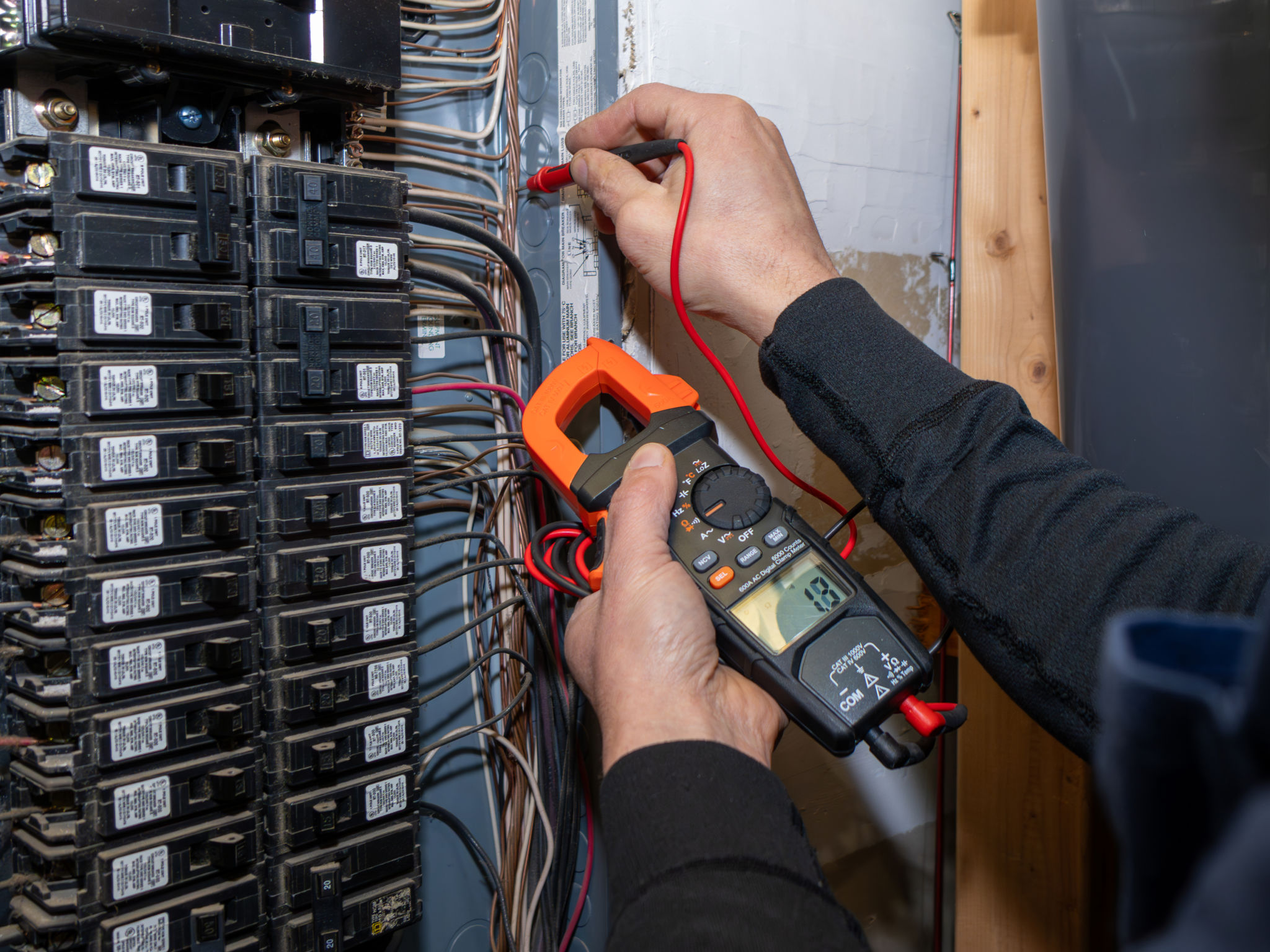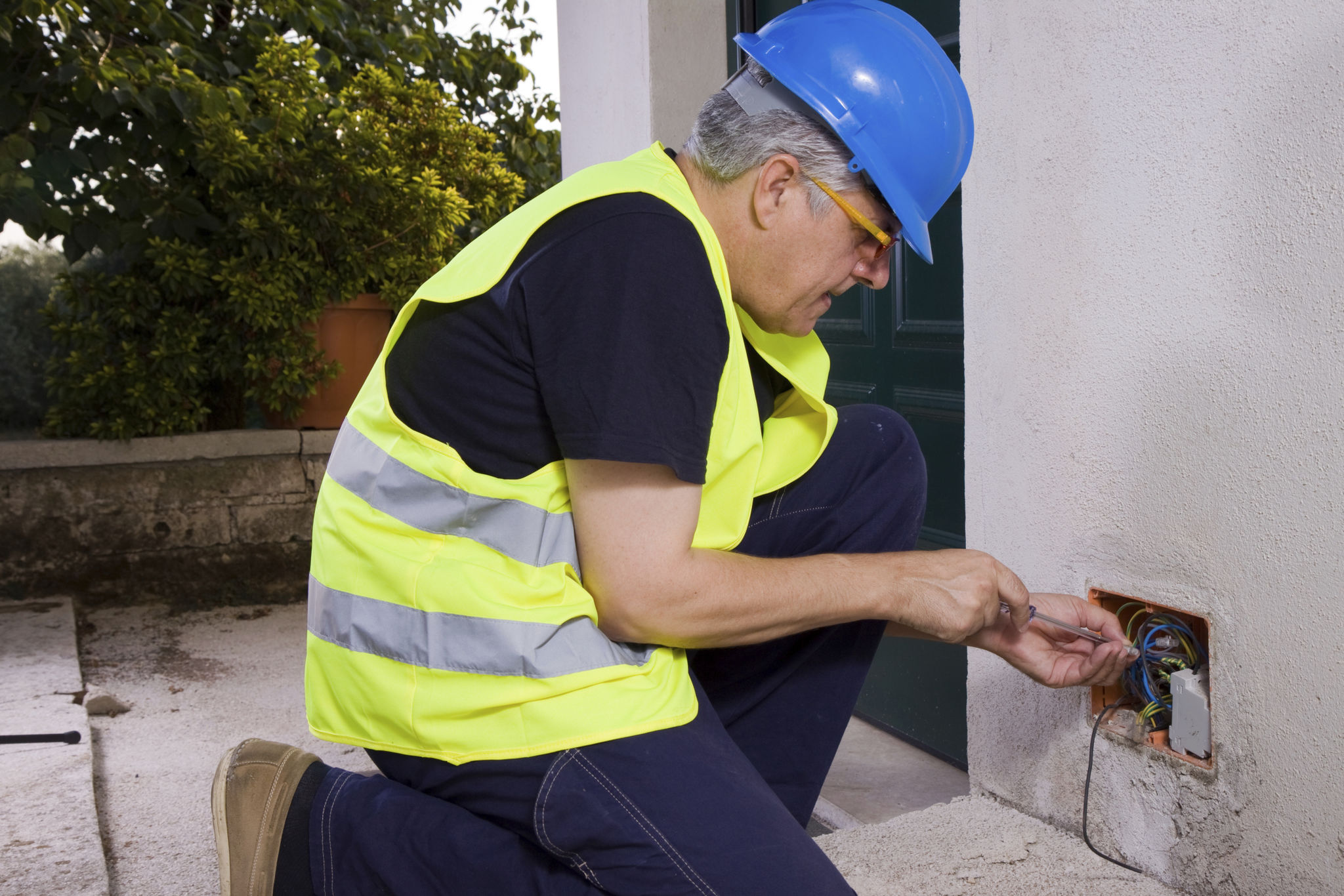Understanding Australian Electrical Regulations: A Guide for Homeowners
As a homeowner in Australia, understanding the country's electrical regulations is crucial for maintaining a safe and compliant living environment. Whether you're planning a renovation or simply updating your home, familiarizing yourself with these regulations can help ensure that any electrical work is performed safely and legally.

Why Electrical Regulations Matter
Electrical regulations are designed to protect homeowners and occupants from potential hazards associated with electrical installations and equipment. These regulations are part of the broader framework of building codes and standards that ensure safety, reliability, and efficiency in residential properties. By adhering to these regulations, homeowners can prevent electrical fires, reduce the risk of electric shock, and prolong the lifespan of their electrical systems.
Key Regulatory Bodies
In Australia, the primary regulatory bodies responsible for overseeing electrical safety include Standards Australia, the Australian Energy Regulator (AER), and various state and territory regulatory agencies. These organizations develop and enforce standards that apply to all types of electrical installations and equipment. It's essential for homeowners to be aware of the specific regulations applicable in their state or territory, as there may be variations in requirements across different regions.

Understanding AS/NZS 3000:2018
The AS/NZS 3000:2018, also known as the Wiring Rules, is a critical standard that provides guidelines for the design, construction, and verification of electrical installations. This standard covers everything from the selection of materials to the installation methods for wiring systems. Familiarity with this document is vital for anyone planning significant electrical work in their home.
Common Compliance Requirements
Some common compliance requirements include:
- Ensuring all electrical work is performed by a licensed electrician.
- Maintaining proper insulation and earthing of wiring systems.
- Installing safety switches (RCDs) to prevent electric shocks.

The Role of Licensed Electricians
Engaging a licensed electrician is not only a legal requirement for most electrical work but also a crucial step in ensuring the safety and compliance of your home's electrical systems. Licensed electricians possess the necessary skills and knowledge to adhere to the stringent safety standards set out in Australian regulations. They can also provide valuable advice on the best practices for maintaining and upgrading your electrical installations.
DIY Electrical Work: Proceed with Caution
While some homeowners may be tempted to undertake DIY electrical projects, it's important to understand the risks involved. Unlicensed electrical work can lead to serious safety hazards, including fire risks and electrical shocks. Additionally, non-compliance with regulations can result in fines and void insurance policies. Always prioritize safety by consulting with a licensed professional before attempting any electrical work in your home.

Regular Inspections and Maintenance
To keep your home's electrical system safe and efficient, regular inspections and maintenance are recommended. This proactive approach can help identify potential issues before they become major problems, ensuring your home remains compliant with current regulations. A licensed electrician can perform these inspections, providing peace of mind and expert recommendations for any necessary upgrades or repairs.
In conclusion, understanding and adhering to Australian electrical regulations is paramount for homeowners who want to maintain a safe and compliant home environment. By familiarizing yourself with key standards such as AS/NZS 3000:2018, engaging licensed professionals, and staying proactive with maintenance, you can protect your property and its occupants from potential electrical hazards.
